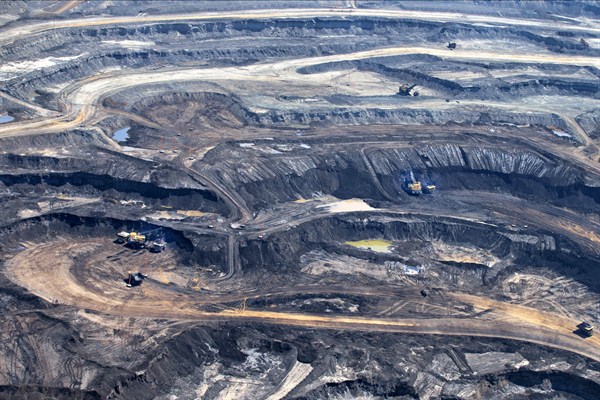In consecutive victories for the country’s oil-producing provinces, Canadian courts recently turned down challenges to a contentious plan to expand a major oil pipeline. Last month, the Supreme Court rejected a bid by British Columbia to block the expansion of the Trans Mountain Pipeline, which would triple the flow of oil from the tar sands of Alberta to Canada’s Pacific Coast, allowing more oil to be shipped to growing export markets in Asia. A similar legal challenge from indigenous groups, largely based on environmental concerns, was dismissed by a federal appeals court last week.
The court decisions are likely to relieve some economic frustrations in the oil-rich western provinces of Alberta and Saskatchewan over Canada’s efforts to reduce its carbon emissions in the face of climate change. But any reprieve will only be temporary. Canada has the world’s third-largest proven oil reserves, primarily located in the oil sands of Alberta and Saskatchewan. The realities of climate change have put Canada’s federal government on a collision course with those regions, which want to guard economic interests that are tied to fossil fuels. With an emergent “Wexit” movement in both provinces even advocating for them to secede over these economic and energy concerns, and Alberta’s premier threatening to put a “firewall” between his province and the rest of the country, Canada could be headed toward a crisis of national unity.
The Wexit movement is more of an expression of deep resentment than a practical proposal, since leaving Canada would keep the oil in these provinces landlocked. If independent, Alberta and Saskatchewan would have to rely on other jurisdictions—like Canada—to get their resources to international markets. Yet the resentment that Wexit taps into is serious, based on a sense that the provinces contribute disproportionately to the country’s wealth but are met with suspicion by many Canadians due to the nature of their fossil fuel industries. Alberta’s premier, Jason Kenney, frequently stokes these grievances by arguing that Albertans should not be made to “feel unwelcome in our own country.”

